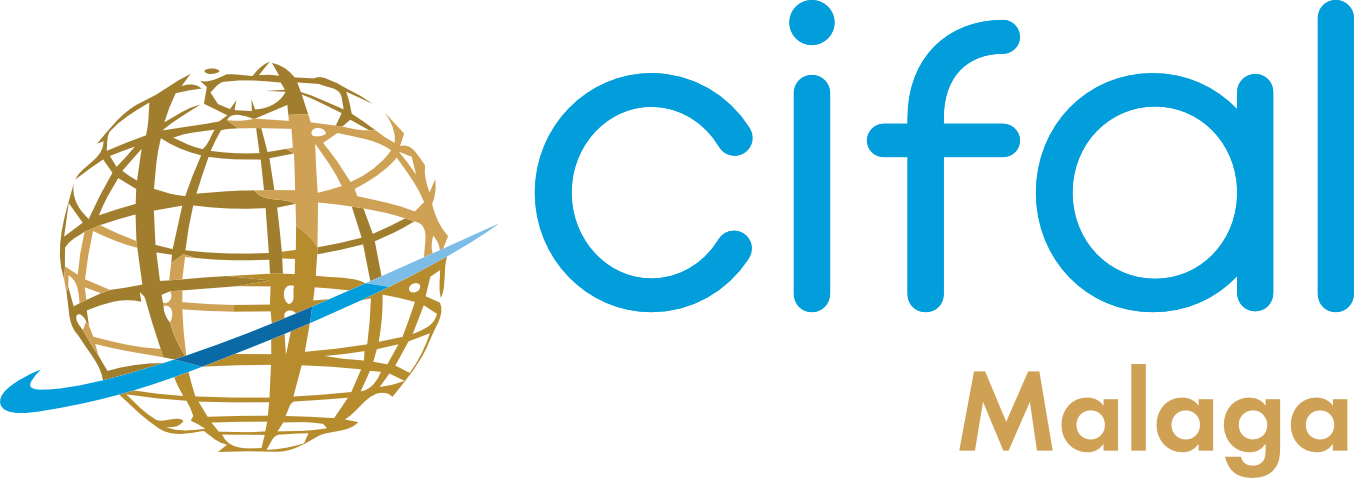UNITAR
UNITAR, the United Nations Institute for Training and Research is an autonomous body of the United Nations created in 1963 to improve the effectiveness of the UN through diplomatic training, increasing the impact of national actions through public awareness, education and training of officials.
UNITAR provides training and capacity building activities to assist primarily developing countries, with special attention to Least Developed Countries (LDCs), Small Island Developing States (SIDS) and other more vulnerable groups and communities, including those in conflict situations.
The Institute covers the broad themes of Agenda 2030: strengthening multilateralism, promoting environmental sustainability and ecological development, enhancing resilience and humanitarian assistance, promoting sustainable peace and promoting economic development and social inclusion.
UNITAR is managed by a Board of Directors led by Nikhil Seth, Executive Director. UNITAR, as part of the UN Institute for Training and Research, although autonomous bodies, they have a direct relationship with the UN General Assembly and a direct subsidiary relationship with the UN Secretary-General, Antonio Guterres.
The Institute is a project-based organisation and does not receive funds from the United Nations regular budget. It is funded entirely by voluntary contributions primarily from States Members of the United Nations, other United Nations agencies, international and intergovernmental organisations, NGOs and the private sector.
Innovative training and research is provided in multiple thematic areas, including multilateralism, economic development and social inclusion, environmental sustainability, ecological development, sustainable peace, resilience and humanitarian assistance, through various programmes, one of which is The Decentralized Cooperation Programme (DCP), which provides innovative training aimed at strengthening the capacity of government authorities and civil society to contribute to the advancement of sustainable development.


